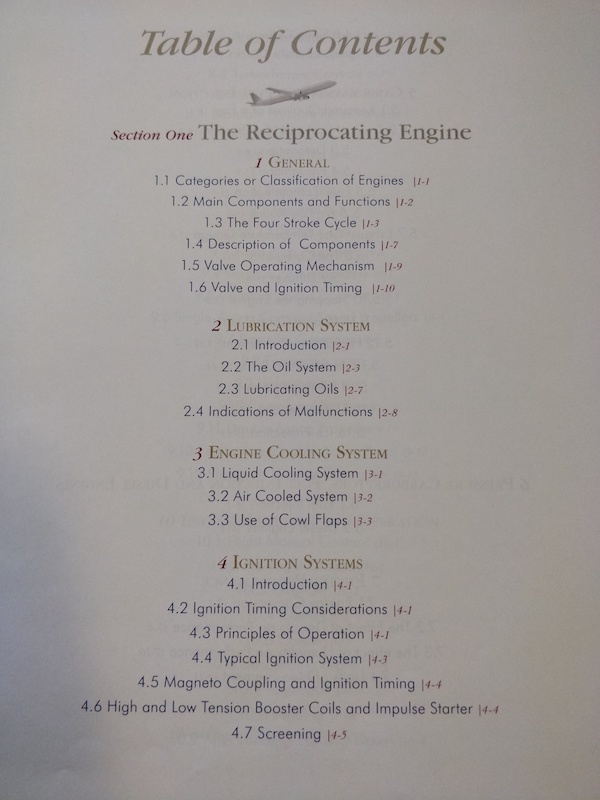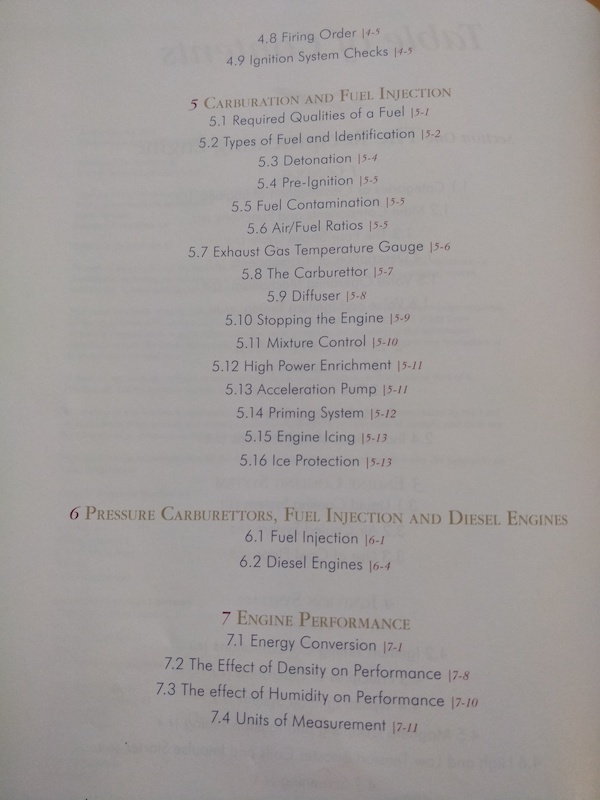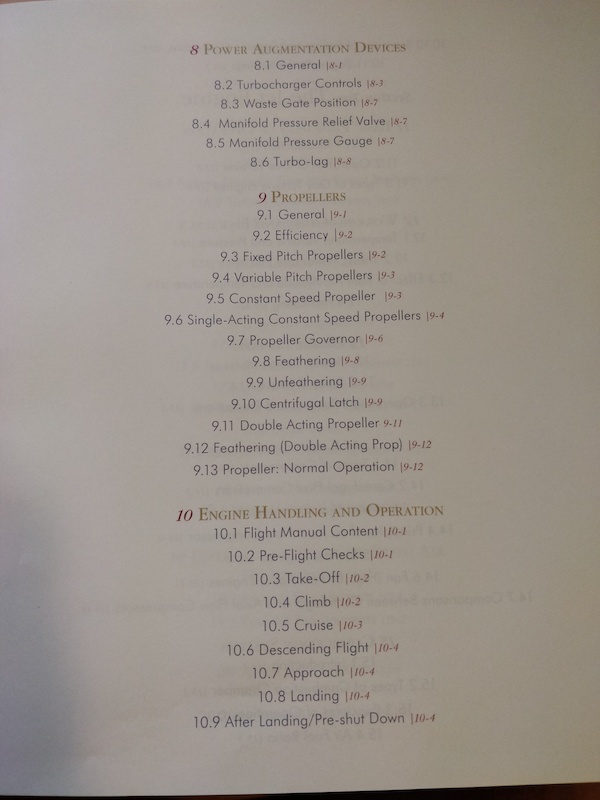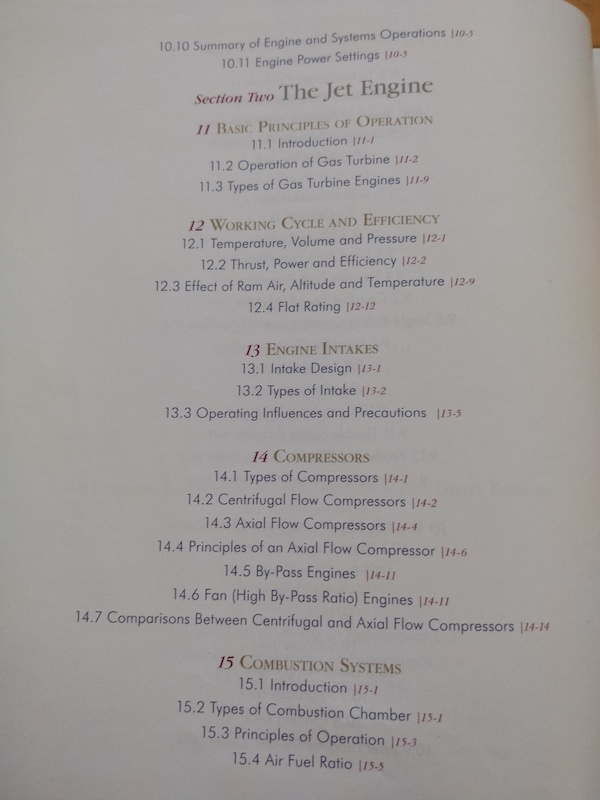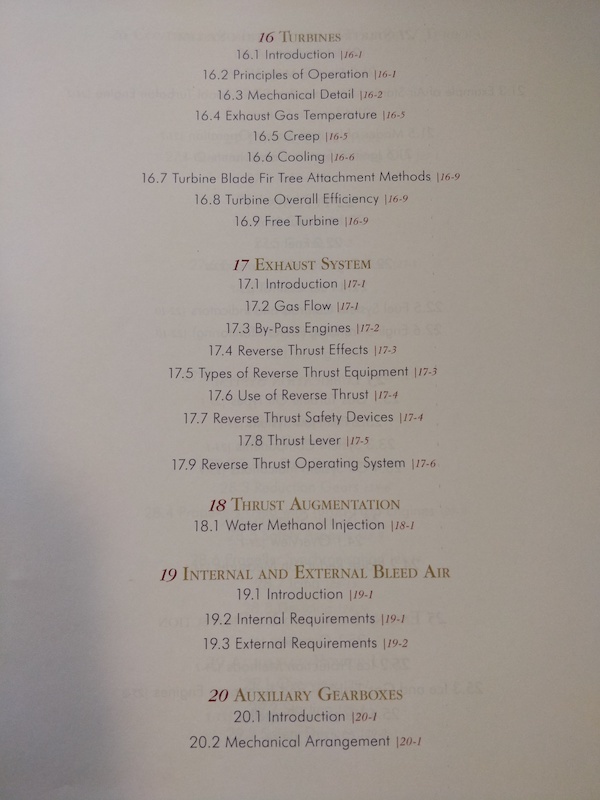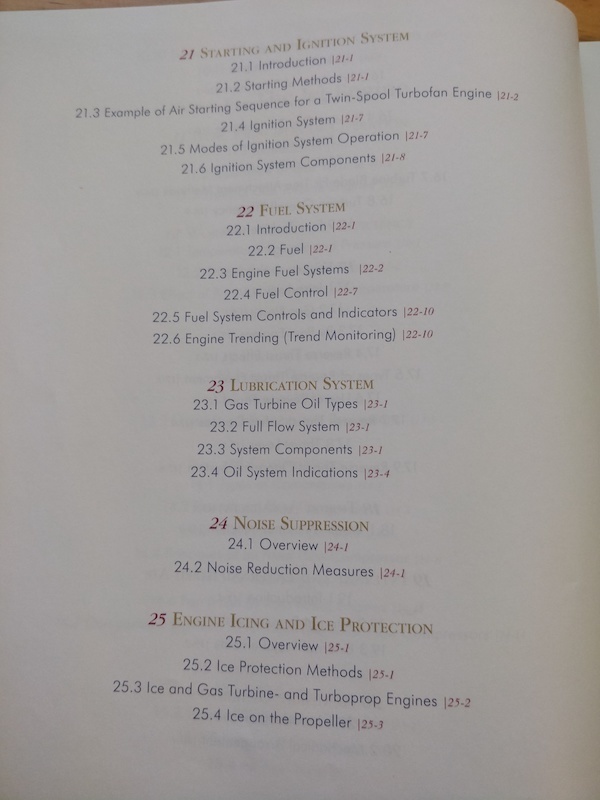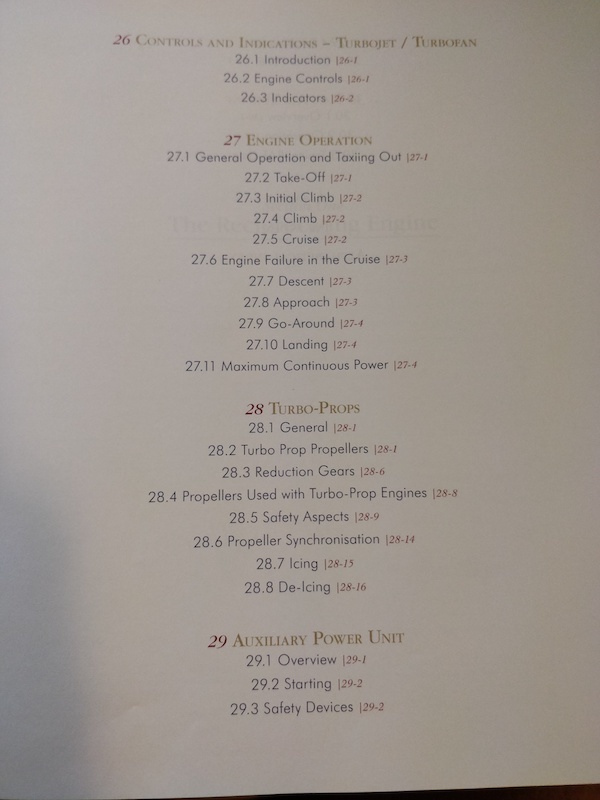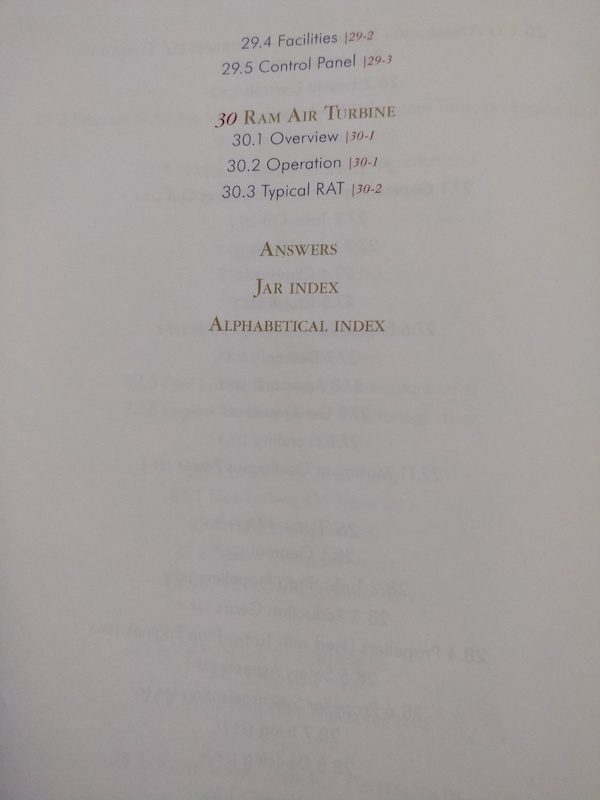Sure; this happens, but it is just another side effect of illegal practices which become widely accepted, through endless repetition by interested parties 
It is like owners/instructors of certain N European FTOs posting (anonymously) on ATPL-cadet forums, slagging off the DIY route, slagging off some cheaper FTOs in say Spain or Greece, and banging on about graduates from their (gold plated) FTOs being much more likely to get an airline job.
One has the same in avionics – example.
This sort of thing may be illegal but it is below the radar.
And it exists in cars (which should not be below the consumer regs radar) where most of the features of the CAN modules are not published (so software like VAG-COM has had to reverse engineer the stuff, by changing the config words one bit at a time and seeing what bit of the car behaves differently  ) and this protects the dealer network because only they have the right software. This was particularly illuminated with the diesel engine ECU cheat scandal; most N European makers were implicated but VW took most of the heat for it.
) and this protects the dealer network because only they have the right software. This was particularly illuminated with the diesel engine ECU cheat scandal; most N European makers were implicated but VW took most of the heat for it.
In the US this was addressed quite nicely, many years ago, by forcing IBM to publish most of their internal interface and protocol documents, as a condition of doing business with the US Govt  Try that in Europe!
Try that in Europe!
Anyway… digressing 
I wonder if those CPL syllabus pages posted by Dimme are applicable to piston GA? TPs and jets, certainly.
What this shows, yet again, is that European pilot training is in two distinct streams:
Bathman is having a moan that the 2nd stream above has not been taught about piston aircraft ownership, maintenance and operation. The incentive to teach that stuff – to either stream – is absolutely zero  Especially as the piston charter business died some 20 years ago.
Especially as the piston charter business died some 20 years ago.
Silvaire wrote:
@MedEwok, manufacturer or dealer “mandated” service is illegal in the US, since the applicable consumer rights law passed in 1970. My 2017 car with 50,000 miles to date has never been back to the the dealer and will likely never do so. However, one of the reasons I stopped buying new European cars and motorcycles (of which I have eight currently, the newest of which is a 2001 model with 2300 miles registered, kept in reserve) is that they are now intentionally designed to prevent anybody but the dealer from working on them regardless of the intent of that law, a manipulative strategy that consumer rights law failed to predict and which it has yet to address. This is likely because vehicles from the relevant manufacturers are only a small fraction of the US market, the consumer having acted in his own interest and bought from others to avoid being manipulated.
I guess formally it is a manufacturer recommendation, no “mandate”, so bad choice of words on my part.
Still, not following these recommendations will result in a reduced resale value on the German used-car market.
I’ve had 2 (out of 8+) US biennials/checkrides with instructors that would fall into this category. One, an Allegiant pilot, had never heard of several GA manufacturers (harmless). The other was straight out of USAF transports and stalling a C172 said “don’t touch any controls before looking at the checklist” (worrying).
I guess being ex-military means not spending 1,500 hours flying GA before getting an ATP.
172driver wrote:
hold a CPL (FAA) and frankly it’s not my job to be a mechanic.
Fully agree! I would even argue that for CPL-holder such knowledge is much less important than for PPL-holders.
A PPL flies privately and if they own their own plane they need to take care about maintenance (organizing it or doing it by themself) and keep the aircraft flying.
A CPL works in a professional flight operation where other people (pros to these jobs) take care about keeping the aircrafts in the air.
Therefore if we take the CPL for what it is (the training to be a professional pilot) and not for what it is sometimes “abused for” (a training for those private pilots who want to learn more), it would even be right to skip these topics in the CPL at all …
The ability to pilot an aircraft from A to B is a pretty common skill set.
The ability to be a good aircraft operator is totally different and a much rarer skill set. By being a good operator you accept the consequence of your actions. Many people have no downside if they crack a cylinder, pop a tire, hit a wing tip, stone chip a prop etc etc. They can simply walk away, so they have no skin in the game. Straight oil, multigrade oil, H2AD W100 plus…. It might as well be marvel mystery oil you’re talking about. If a person has no accountability for the downside they won’t care.
I hold a CPL (FAA) and frankly it’s not my job to be a mechanic. The specs for the various fluids are in the POH and I wouldn’t expect anyone to know them by heart. I appreciate this to be a different situation for an owner.
As for not learning to fly from A to B. Certainly not the case in the FAA system. There’s plenty about that in the PPL and the entire oral portion of the CPL checkride is about how to plan and execute a commercial x-country flight.
Don’t give anyone the idea of adding a new TK exam, license or endorsement to add oil in the engine 
Sorry Dimme, I shouldn’t speak about what I don’t know. It was written as a question btw 
I don’t believe the suggestion is that CPLs should also be mechanics.
The issue for the OP appears to be that in, looking to hire CPLs, they don’t demonstrate sufficient knowledge of reciprocating engines in order to meet the standards he requires in the operation and care thereof.
The issue for me as a PPL student was an instructor talking to me about reciprocating engines as though from a position of authority even though I clearly knew far more about the subject than they did.
Mandatory training and knowledge are not the same thing. Despite the motivation of accredited providers, learning and knowledge have yet to licensed 
@Jujupilote wrote:
CPL doesn’t teach any engine knowledge anyway ?
I have a book that begs to differ.
There is an oxymoron in this thread. The same people complaining about ATPL theory teaching too much useless stuff are now claiming ATPL theory is not teaching pilots enough. I give up…

